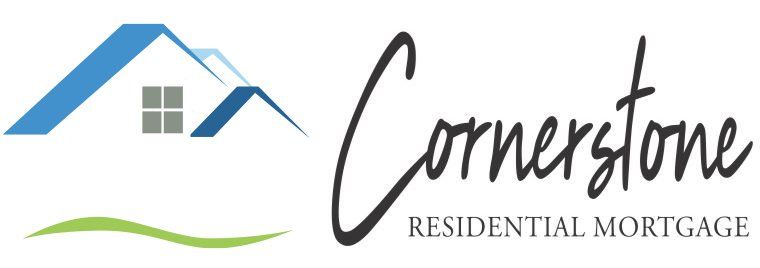Buying a Home? 4 Steps to Protect Your Finances
- By Admin
- •
- 22 Nov, 2018
A
mortgage is the key to home ownership for most Americans. And after
you've worked hard to get approved for a mortgage and found that home
that's just right for your family, how can you protect your new home?
One important way is to ensure that you manage your mortgage and
housing costs wisely.
To help you secure your future and home, here are a few post-mortgage steps to take.

1. Avoid Other House-Related Borrowing
For many people, the cost of actually buying the home isn't the only expense involved in setting up shop. You also have furniture to buy, decor to arrange, outdoor equipment to purchase, and remodeling to do. But be cautious about borrowing money for these other expenses on top of your mortgage.
If you're a first-time home buyer or your mortgage was a bit of a budget stretch for your family, take time to get used to the monthly mortgage payment (and other mandatory expenses) before accepting other debt. Even if this means putting off cosmetic changes or living with borrowed furniture for a little while, you'll be more confident and relaxed when you actually do spend the additional money.
2. Keep an Eye on the House Bills
Don't put your other housing expenses on automatic without assessing them each month. If you purchased a home that's larger than your prior one, you may be surprised by the price of the utility bills and need to make some family adjustments to keep them manageable.
And quarterly or annual bills like the property taxes and insurance often rise each year, so you should keep an eye on them to avoid surprise jumps in cost.
If your household bills do rise, you can negotiate or arrange reductions with the companies involved. Talk to your utility company about billing alternatives, such as level billing, to avoid fluctuating costs throughout the year. And your insurance agent may suggest ways to reduce insurance premiums as well.
You can also generally dispute property taxes by appealing value assessments and doing some research into the local market.
3. Pay Your Mortgage Ahead
Since no one can predict the future, being prepared for emergencies is vital for a homeowner. While most experts advise homeowners to save up a three- to six-month emergency fund, this is often a challenge for families.
Instead, start by focusing on paying your mortgage bill at least one month ahead. This gives you a 30-day financial buffer if you run into emergencies like temporary layoffs, health problems, or family responsibilities.
After successfully paying one month ahead, keep up your momentum by making additional principal payments or paying ahead another month or two.
4. Don't Tap Equity Unnecessarily
If you buy during an upmarket when home values appreciate quickly, the temptation is to tap into the equity in your home to solve financial issues. But be cautious about what you borrow against that equity for. The best uses for home equity are costs related to keeping up or boosting the home's value and safety. Some families also make good use of the low interest rates to pay off higher interest debt.
But before you use equity loans for home decor, vacations, or weddings, consider all the alternatives that don't put your home at risk. If you must tap home equity, create a firm repayment plan that minimizes the loan as soon as possible.
Owning a home can be a bit tricky, but this is worth the effort and investment. By taking these few steps to protect your monthly finances and make your mortgage payment more secure, you can relax and enjoy your new home even more. For help with all your mortgage and home ownership questions, call Cornerstone Residential Mortgage today to speak with our mortgage and refinancing experts.












